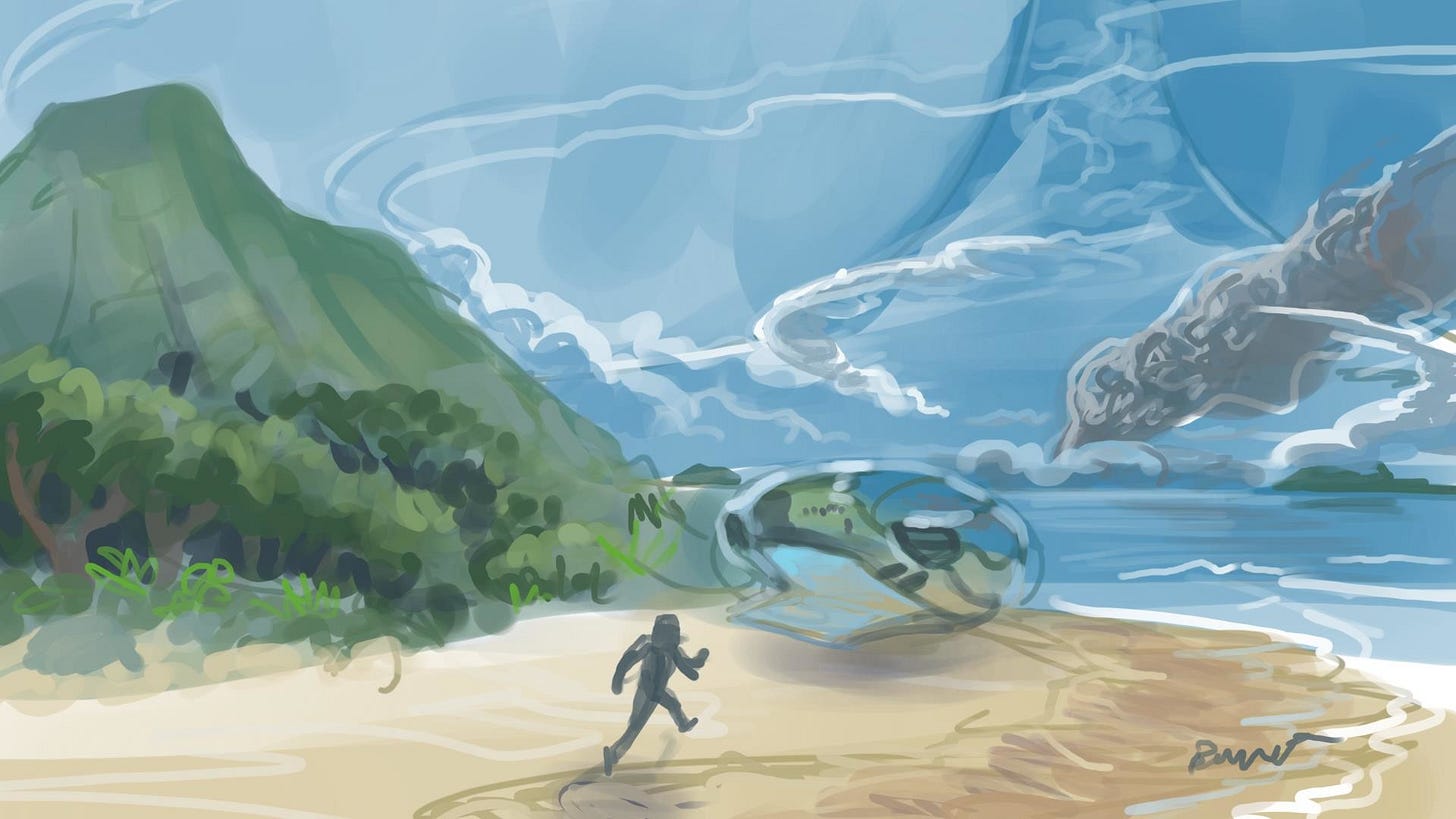Silicon Valley, the Meme
Silicon Valley is great at taking ultimately frivolous things seriously — and the best recent example is the Valley’s obsession with memes.

Memetics began with Richard Dawkins’ book “The Selfish Gene,” found a brief revival in the early social internet (remember Success Kid and Bad Luck Brian?), but experienced a true renaissance in the 2020s. Nowadays, many investors and founders alike non-ironically believe memes to be the future.
Of course, there are folks on the other side of the argument. Seth Bannon, a venture capitalist with Fifty Years, recently said that “the meme-ification of everything is gambling.”
I regret that I don’t have more time to personally weigh in on the topic — my wedding is two months from today, so we’re in the thick of planning — but in lieu of a longer post…
Two quick reads to better understand the power of memetic thinking
⭐ “Why The Culture Wins” (long article)
Book review of “Consider Phlebas,” by Iain M. Banks. Describes the world of Banks’ books, in which a distant-future galactic civilization (Culture) has solved all meaningful challenges, making life awesome, yet very nearly purposeless.
The only desire the Culture could not satisfy from within itself was one common to both the descendants of its original human stock and the machines they had (at however great a remove) brought into being: the urge not to feel useless. The Culture’s sole justification for the relatively unworried, hedonistic life its population enjoyed was its good works; the secular evangelism of the Contact Section, not simply finding, cataloguing, investigating and analysing other, less advanced civilisations but – where the circumstances appeared to Contact to justify so doing – actually interfering (overtly or covertly) in the historical process of those other cultures.
⭐ “There Is No Antimemetics Division” (book, by qntm)
Another scifi, this time following a government agency that battles against antimemes: ideas that resist sharing. The examples in the book are mind-bending and hilarious — you walk into a room, see an object, and then forget it as soon as you leave. Nobody knows when the object was captured, how it got into the room, or if it’s even still there.
“We got looped. It was textbook. We built the unthinkable bomb and test-detonated it... and it worked perfectly. The bomb destroyed itself, and erased its own successful detonation, and flattened all the knowledge which had gone together to build it. We forgot that we had ever built the bomb at all, and started over.”
Thanks for reading Silicon Valley Outsider!
If you want to join 650+ folks in getting an email from me each Monday, I’ll help you understand Silicon Valley using normal-human words.






